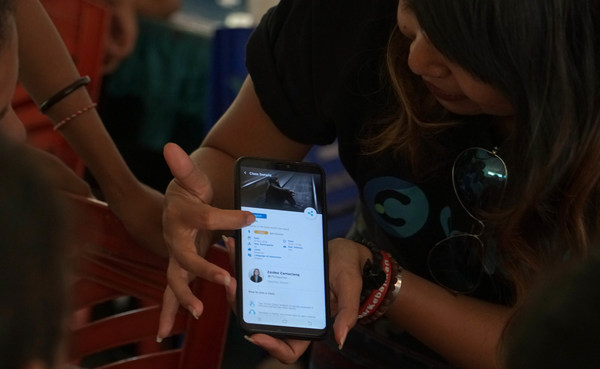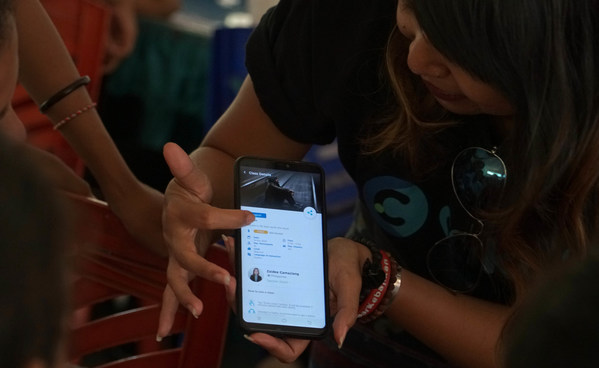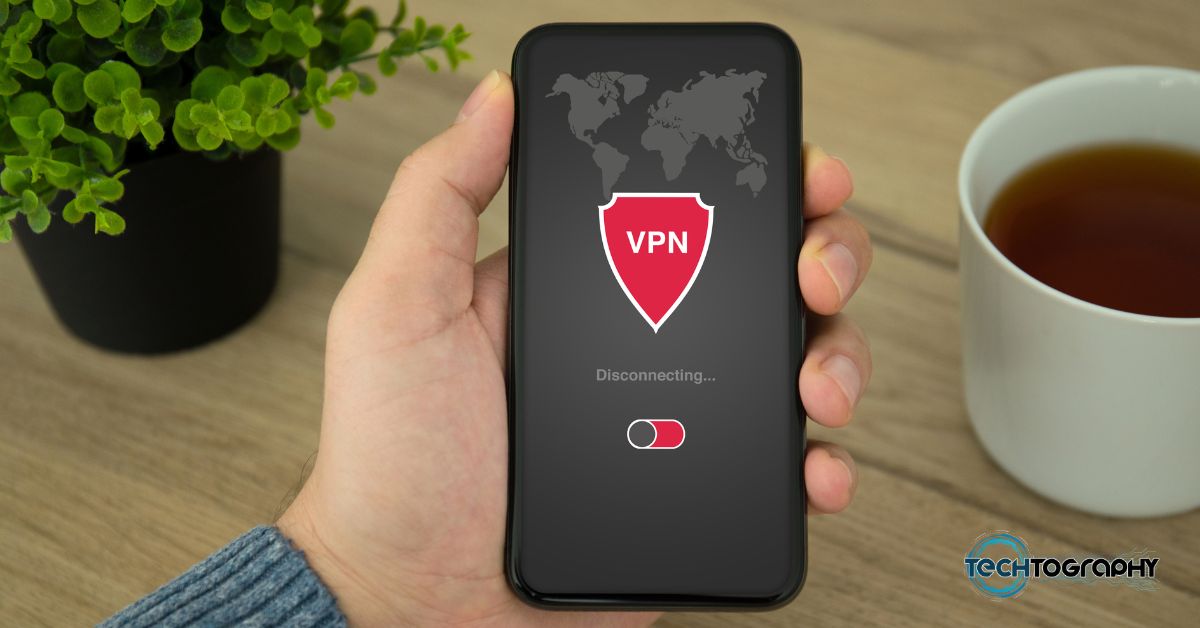JAKARTA, Indonesia, April 29, 2021 /PRNewswire/ — The pioneer of a learning platform that brings the concept of two-way online learning, Cakap, has recorded a very significant increase in user numbers in the first quarter of 2021. In the first quarter, the number of active users increased by more than seven times compared to the same quarter last year.
"Seeing the rapid increase in the number of Cakap active users, we are truly grateful as it brings Cakap as the leading learning solution that is needed, especially since the social restrictions during the pandemic," said Tomy Yunus, Co-founder and CEO of Cakap.
Tomy also added that the number of paid users, which has multiplied from the beginning of the pandemic until now, has recorded a tremendous business growth for Cakap. "According to Cakap‘s latest financial statement, we have managed to post a net profit for two consecutive quarters, and this is in the face of increasing demand for the number of training courses," he said. It is believed that this growth is due to the fact that people have found Cakap to be an answer to the demand for remotely accessible educational services that are able to provide an effective and quality educational method for students. This is also evidenced by the excellence of the platform, where the user satisfaction rating of Android and iOS devices shows a score of 4.9 out of 5.0. Tomy continued, "Since launching in 2019, Cakap users have reached over one million students."
Cakap offers foreign language training for Japanese, Mandarin, English and Indonesian. The great enthusiasm of the Indonesian people for the online learning system has led the Cakap team to continue offering the best learning methods through creative innovation. In addition to the specially designed learning materials, Cakap has also developed a technological improvement in the form of Augmented Reality (AR) which shows 3 (three-dimensional) content with audio-visual interactions that can be enjoyed in real time during lessons. The AR technology can be enjoyed by the Cakap students through the Cakap application displayed by Cakap tutors and is hoped to arouse the enthusiasm of the students to remain active in learning progress. This technology, meanwhile, can only be used in the ‘Cakap Mandarin for Kids’ class, which has been launched by Cakap since last January.
Not only that, in line with Cakap‘s commitment to contribute to the development of the quality of Indonesian human resources, Cakap expands other classes besides language classes by organizing ‘Cakap Upskill’ program. "So far, this program consists of Entrepreneurship, Career Development and Personal Development classes. We expect that ‘Cakap Upskill’ program will be able to upskilling and re-skilling the young Indonesian generation. In the future, Cakap as a technology-based education platform can be the main support in improving the quality of education. And with our existence, Cakap will also support the government’s program to produce excellent human resources for an advanced Indonesia in the future," concluded Tomy Yunus.
Developing an effective learning environment that is in line with the times is not easy. However, by using an innovative technological learning method developed by Cakap, the young generation will certainly be encouraged to always be equipped with an improved quality of their education and increase competitiveness in the professional work environment.
About CAKAP
Cakap is a startup company that develops online learning applications with two-way interactions between students and professional teachers through video calls and text conversations. We aim to improve welfare by increasing the intelligence level of the nation’s children. Cakap now provides foreign language learning as well as vocational learning in the form of English, Mandarin, Japanese, self-development and so on that both adult and child consumers can participate in.
Available on Google Play and the App Store to reach different consumer segments, because everyone has the right to quality education. CAKAP provides educational solutions with an international standard learning curriculum.




